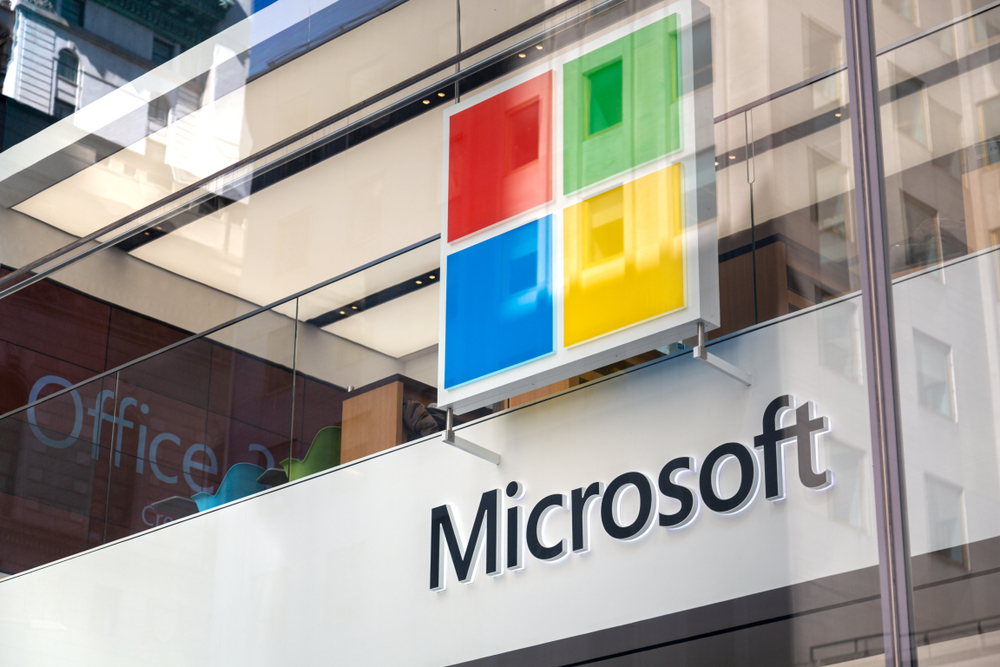Microsoft has introduced its first pair of custom AI chips, signaling competition with industry leader Nvidia as well as Amazon and Google, which are pursuing similar initiatives.
The two chips, named the Microsoft Azure Maia 100 AI Accelerator and the Microsoft Azure Cobalt 100 central processing unit, have been specifically optimized for AI, generative AI, and cloud computing applications.
Microsoft plans to deploy these chips in its data centers early next year, where they will play a crucial role in powering Microsoft’s Bing AI chatbot, Copilot, and Azure OpenAI.
The goal is to meet the surging demand for efficient, scalable, and eco-friendly computing power. Their chips will naturally benefit from swift integration into the Azure cloud ecosystem.
The unveiling of these chips, designed primarily for training large language models (LLMs), has nudged up Microsoft’s stock.
Amid a widespread rally for tech stocks in 2023, Microsoft’s stock price has witnessed a remarkable surge of over 54% throughout the year.
In parallel, Nvidia, the industry leader in AI hardware, joined the ‘$1 trillion club’ this year, with its market value reaching record levels.
In its recent earnings report, Microsoft disclosed sales exceeding $56 billion in the previous quarter, surpassing analyst projections.
Amazon and Google have also made progress in AI hardware by developing customized chips tailored for cloud and machine learning workloads. Competition between these companies is red-hot – they’re competing for top AI talent with eye-watering salaries of $10 million and upwards.
As competition intensifies in the AI chip space, Microsoft’s foray into custom AI chips adds a new dimension to the ongoing battle for supremacy among tech giants.
Microsoft talks about sustainability in AI
Microsoft has concurrently unveiled a “playbook” outlining the transformative potential of AI in accelerating sustainability efforts.
A blog post attributed to Brad Smith, Vice Chair and President, and Melanie Nakagawa, Chief Sustainability Officer, outlines several strategies for enhancing the industry’s eco-friendliness.
- Complex systems management: AI can analyze intricate systems, predict outcomes, and optimize performance, aiding in tackling complex sustainability issues like wildfire prediction.
- Accelerating solutions: AI expedites the development of sustainable solutions, from low-carbon materials to climate-resilient crops, similar to its role in rapid vaccine development.
- Empowering the workforce: AI provides targeted training and assistance to sustainability professionals, enhancing their ability to address complex challenges.
Microsoft’s data center water consumption has soared recently, correlating with increased AI training and hosting workloads.
On the upside, the company is actively involved in some well-respected sustainability projects in the Amazon rainforest and elsewhere.
As Microsoft pushes on into the era of AI, its role in applying technology to socially responsible problems is set to increase. And now it will have its own hardware to back such initiatives





